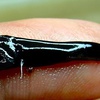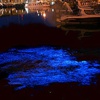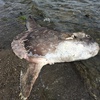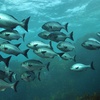
Redmap at the Festival of Bright Ideas in Hobart
To kick off National Science Week Hobart is hosting the inaugural Festival of Bright Ideas this Saturday (15th August) at Salamanca. Come and find the Redmap stall and have a chat to us! The Festival showcases Tasmania's innovative science and engineering programs and ideas. More information here.























